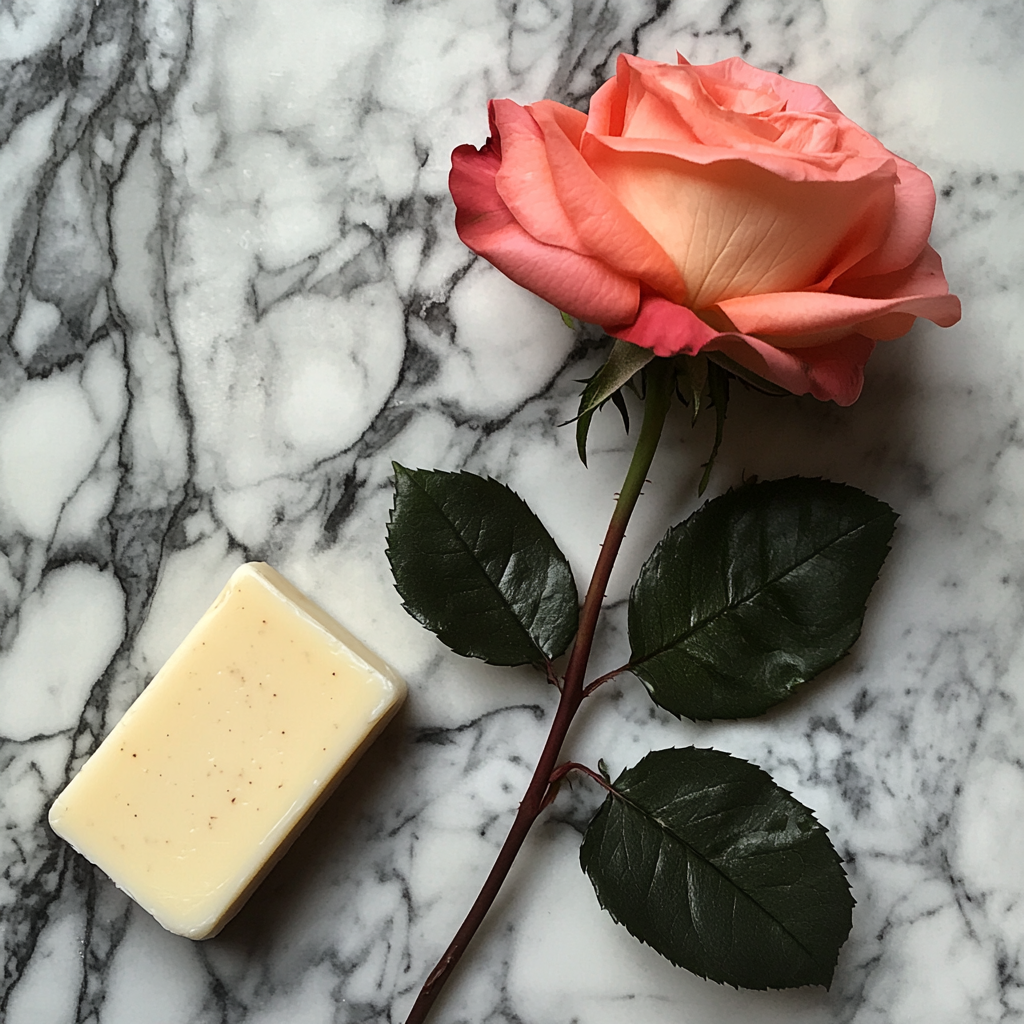
Table of Contents ▾
Walk down any feminine care aisle, and you’ll see them everywhere. Yoni washes, intimate wash, and pH-balancing vaginal washes promising freshness, balance, and protection.
These products market themselves as essential for intimate health, convincing women that without them, their vaginas will be unclean, unbalanced, and, let’s be real, unattractive.
I believed it too.
For over a year, I religiously used yoni wash, convinced it was the key to staying “fresh.”
But instead of feeling clean, I found myself trapped in a cycle of irritation, discomfort, vaginal irritation, and an even stronger need to use the very product that was causing the problem.
So I quit. And what happened next shocked me.
My Personal Experience: Why I Stopped Using Yoni Wash
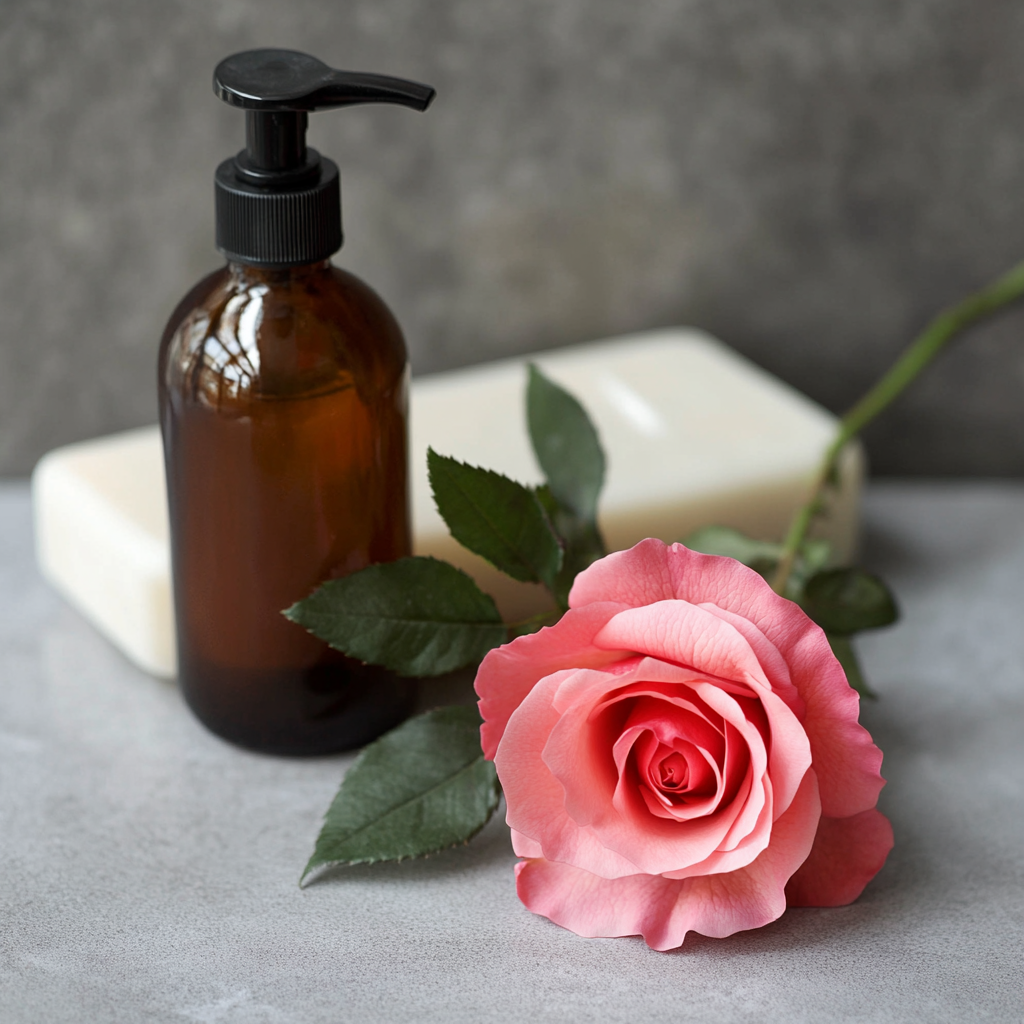
I used yoni wash daily for over a year, thinking it was the best way to keep my vulva clean and odor-free. Instead, my body started reacting in ways that made me question everything:
-
My yoni became sweatier and smellier over time, completely the opposite of what the wash promised.
-
I felt like I had to use it, otherwise I wouldn’t feel clean. It became less of a hygiene step and more of a dependency.
-
I started experiencing frequent yeast infections and excessive discharge, a clear sign that my natural pH balance was thrown off.
At first, I thought I just needed a “better” wash, maybe something even gentler, but after a little research, I realized something important: The vagina is self-cleaning. It doesn’t need fragrance, soap, or a special formula.
When I finally stopped using yoni wash, it took my body a few weeks to naturally reset. And the result? No more irritation, no more strange odors, and no more worrying about my next bottle running out. The ineffectiveness of a vaginal wash in maintaining freshness and balance became evident.
The Cycle of Dependency: How Yoni Wash Can Make You Think You Need It

I have a friend who can’t go to the bathroom without using wet wipes. Every single time she pees, she reaches for them, convinced that regular toilet paper isn’t enough to keep her clean. She’s been doing this for years. And now?
Her body is dependent on them.
The moment she forgets her wipes, she notices more odor. More discharge. More discomfort.
Not because she’s dirty. Not because her yoni needs extra cleansing.
But because her body has adapted to needing the chemicals in those wipes.
She’s trapped in a cycle, her body is overproducing discharge and odor because it’s trying to compensate for what’s being stripped away.
This is exactly what happens with yoni washes, feminine wipes, and anything that promises to make you “extra clean.”
At first, they feel like the ultimate hygiene upgrade, until suddenly, you need them. Your yoni becomes reliant on something it was never supposed to need in the first place.
It’s a trap. And it’s working exactly as designed.
What Actually Affects Vaginal Health & Odor
Your yoni doesn’t need a wash. It needs support from the inside out.
If you want to keep things feeling fresh and balanced, it’s not about what you’re using externally—it’s about what’s happening internally.
Here’s what actually impacts vaginal health and odor:
-
Gut health & diet. Your yoni thrives when your gut is happy. Foods rich in probiotics, fermented foods, yogurt, kimchi, help maintain natural pH balance and prevent unwanted bacteria from taking over.
-
Avoiding triggers. Coffee, alcohol, processed foods, these disrupt your body’s natural flora and can make odor and infections worse.
-
Hydration & sweat glands. Your yoni has its own sweat glands. Drinking enough water helps flush out toxins, supports natural lubrication, and keeps your scent neutral.
Your body knows exactly what to do.
Stop scrubbing. Stop stripping. Stop thinking you need a product to fix something that was never broken.
Why The Vagina is Self-Cleaning & How Water is Enough
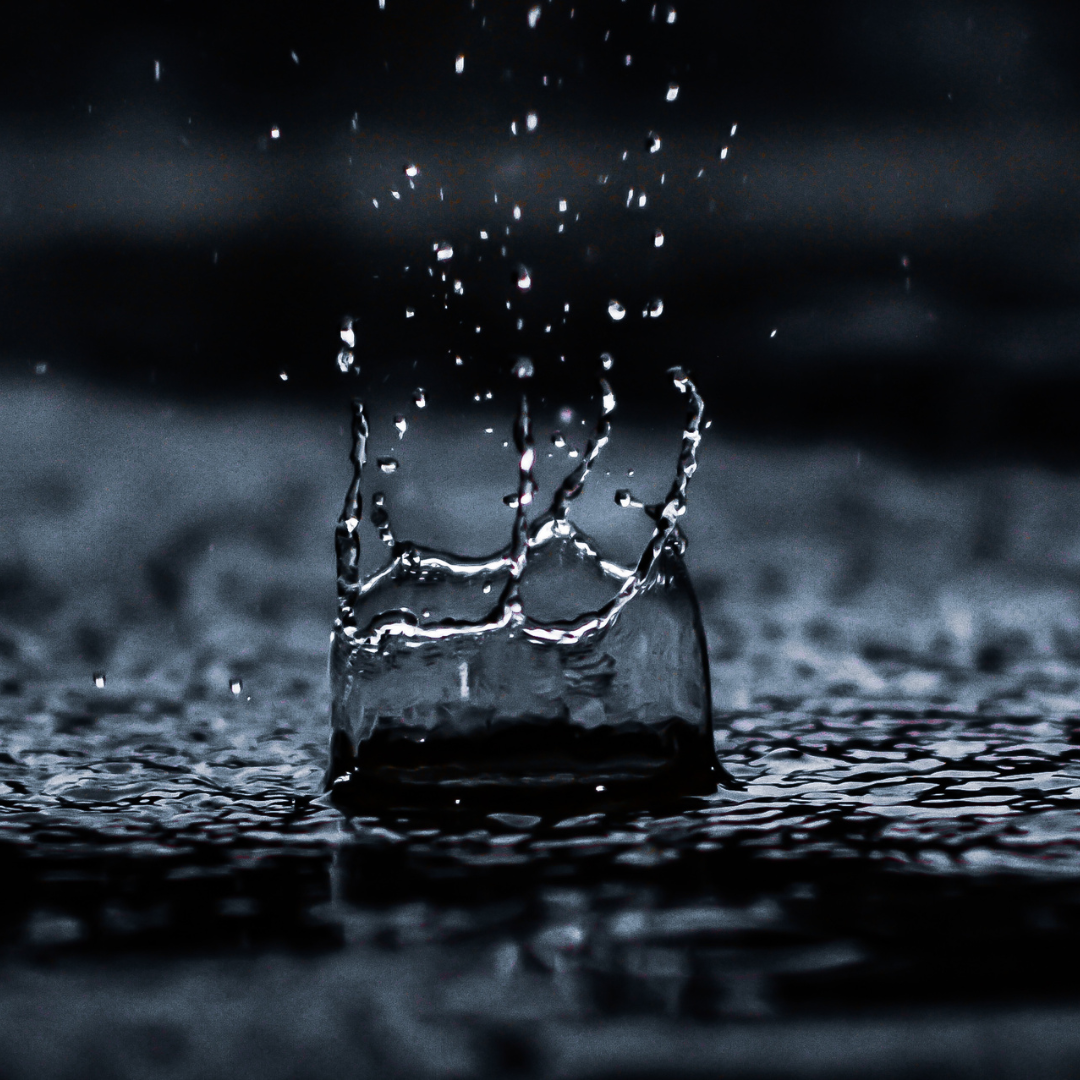
Your vagina is self-cleaning.
The vagina is designed to maintain its own balance. It naturally flushes out bacteria, regulates pH, and keeps itself clean through discharge. When we interfere with that process, by scrubbing, douching, or using chemical-laden washes, we’re actually creating the problems we’re trying to prevent.
Washing the vulva, the outer area, with warm water is all that’s needed for proper hygiene. No soap or shower gel, no fragrance, no stripping.
If you must use a cleanser, fragrance-free, pH-balanced, and minimal ingredients are key. But even then, your body never actually needs it.
The Marketing of Feminine Hygiene Products: Do We Actually Need Them?
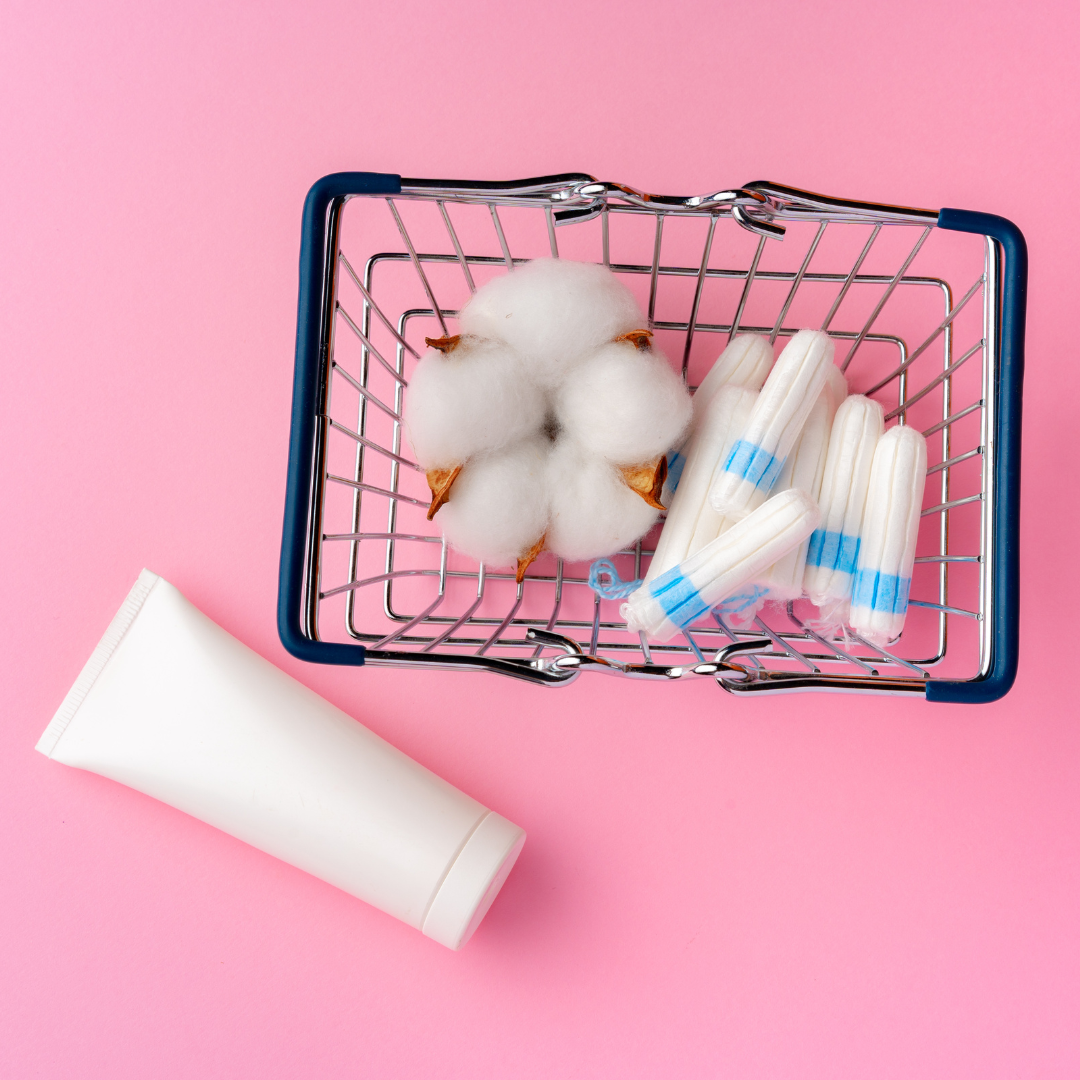
Manufacturers of feminine hygiene products don’t sell you cleanliness.
They sell you insecurity.
Like this Youtube video of Lactacyd Initmate wash that tells you you can only feel confident when using intimate wash. Or even this shocking video that sends the messaging that your vagina should be "lighter in color."
They’ve spent decades convincing women that their natural scent is a problem, that unless they wash, mask, and deodorize, they’re “unclean.” They push ads that whisper that you might be the smelly girl, that no one will tell you, that only their product can cure and save you from embarrassment.
And yet, medical professionals do not recommend daily use of vaginal washes or yoni soaps. They know the truth:
These products don’t “help.” They create dependence.
And the branding? The pastel bottles, the packaging, the “natural” labels, the “gynecologist-tested” stamps?
All marketing.
The words natural ingredients mean nothing if the formula still contains irritating chemicals. pH-balanced means nothing if it strips away your body’s own ability to regulate itself.
Feminine hygiene products are not designed for your health.
They’re designed to make you think you need them.
You don’t.
Your yoni already knows how to take care of herself, she always has.
When Is a Yoni Wash Actually Helpful?
Most of the time, it’s not.
The vagina is self-cleaning. It knows exactly how to maintain its own balance, and the more we try to interfere with that process, the more we create the very issues we’re trying to avoid. But there are moments when a mild, pH-balanced cleanser might be useful, not as a daily habit, but as an occasional support.
Postpartum, the body is healing. There may be stitches, tenderness, and excess discharge, and while douching or over-cleansing is a mistake, sometimes a gentle, non-stripping wash can help with comfort. The same goes for sex, if irritation happens or if certain lubes, condoms, or semen don’t sit well with your body, a light rinse with a fragrance-free, non-foaming cleanser can help.
Menstruation can bring a sense of heaviness, extra moisture, and discharge. While blood itself isn’t unclean, some women prefer a light cleanse during their cycle. But overdoing it has consequences, washing too much can disrupt the vaginal microbiome, leading to more odor, more irritation, and more imbalance in the long run.
And then there’s sweat. The vulva has sweat glands, just like the armpits, which means it’s normal for it to feel damp after a workout or a hot day. Trapped moisture can sometimes cause irritation, and a quick rinse with water is often all that’s needed. But when women reach for strong soaps to “fix” it, they end up stripping their body’s natural protection, making the problem worse.
When using a wash, what’s in it matters. Most feminine hygiene products on the market are packed with irritants disguised as skincare, fragrance, sulfates, and unnecessary antibacterial agents that kill off the good bacteria just as fast as the bad. Even when the bottle says “pH balanced” or “gynecologist tested,” it doesn’t mean it’s actually good for you.
A real pH-supportive, non-stripping alternative is an oil-based cleanser. No surfactants. No foaming agents. No BS.
The Best Alternative to Yoni Wash & Yoni Soap
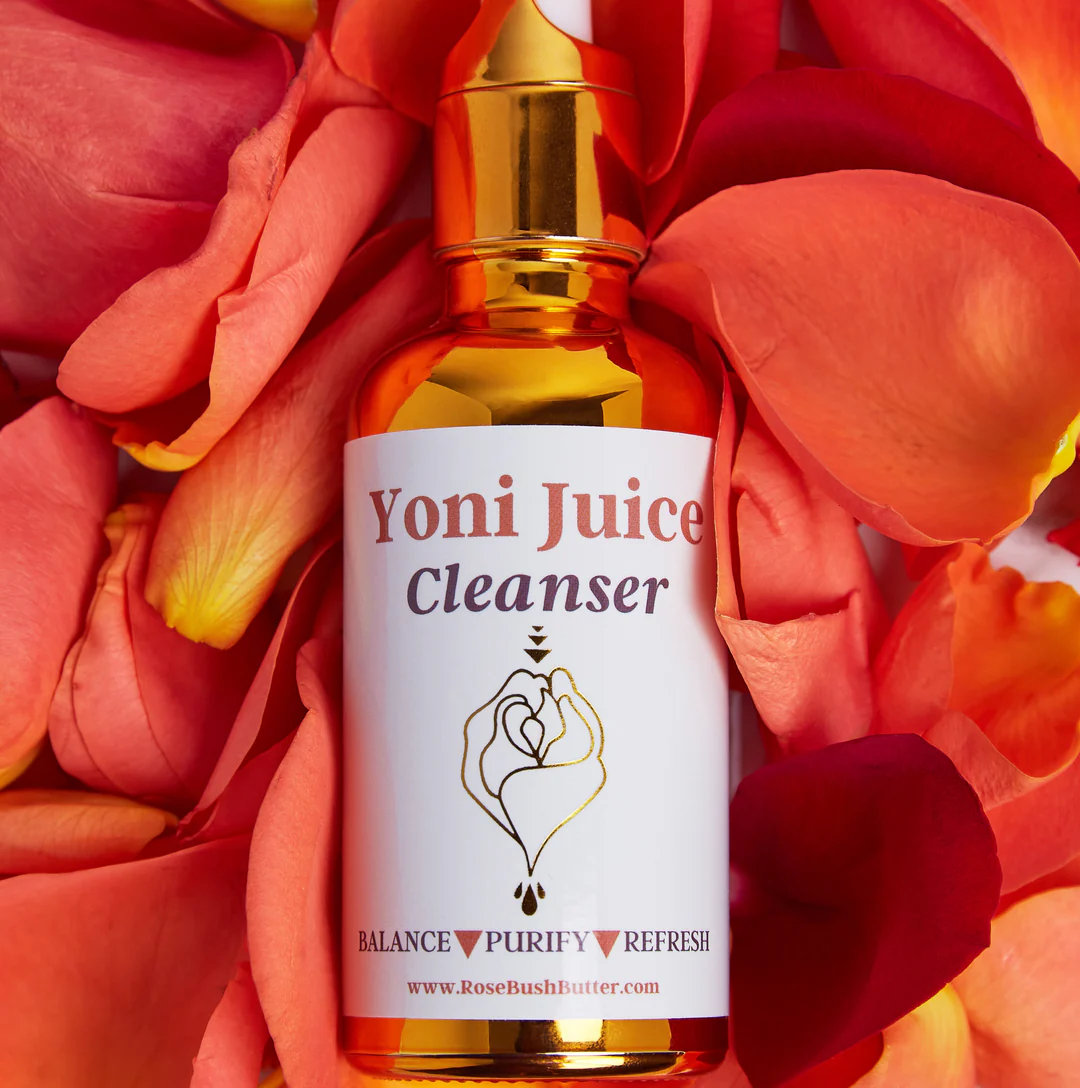
If you want freshness without the risk of throwing off your body’s balance, skip the soaps and reach for oils. Unlike traditional cleansers, oil-based washes protect and nourish while purifying the skin, creating an environment where good bacteria can thrive. Feminine oil and yoni serums is a beneficial alternative that helps maintain vaginal pH balance and remove odor.
Yoni Juice Cleanser available on Yoniegg.com is one of the few products designed to support, not sabotage, vaginal health. Made with bio-active botanicals, this oil-based vulvar cleanser purifies, hydrates, refreshes, tones, and protects, without drying out or disrupting the natural pH.
Why Lubrication and pH Balance Matter More Than Washing
Vaginal health isn’t about how often you cleanse, it’s about how well your body can self-regulate.
When the vagina is naturally well-lubricated, it can wash out harmful bacteria on its own. But when it’s dry, bacteria lingers longer, increasing the risk of infections, odor, and discomfort.
This is why using a crystal pleasure wand or yoni egg is one of the best ways to support vaginal health through increasing juiciness. Regular use increases circulation, lubrication, and natural hydration, allowing the vagina to maintain its own balance without external interference.
Do You Really Need a Feminine Wash?
The feminine hygiene industry profits off making women feel like their natural scent is a problem. It plants the idea that without a special soap, a bottle of “freshness,” or a perfectly curated routine, you smell of you aren’t clean enough. It convinces you that your body needs fixing.
But the truth is, when women stop using yoni washes, they don’t feel dirtier, they feel better. The irritation they thought was normal disappears. Their body produces more of its own lubrication. Yeast infections become rare instead of routine. And the feeling of needing an artificial freshener just to feel good in their own skin? Gone.
Try going a few weeks without yoni wash and see what happens. Most women realize their bodies feel better without it.
FAQ
Yoni wash is marketed as a cleanser for the vulva, claiming to maintain freshness, balance pH, and prevent odor. But in reality, the vagina is self-cleaning and doesn’t need special washes. Using one daily can actually disrupt its natural microbiome, leading to more irritation, not less.
Most yoni washes contain fragrance, sulfates, and antibacterial agents that can strip the vulva’s natural oils and good bacteria. Even so-called “gentle” or “natural” formulas can cause irritation over time. If you choose to use one, look for fragrance-free, non-foaming, oil-based options with minimal ingredients.
No. Gynecologists widely agree that you don’t need yoni wash. The vagina cleans itself, and washing with warm water alone is enough for proper hygiene. Over-cleansing increases the risk of infections and irritation rather than preventing them.
The best thing to wash private parts with is water. Warm water is all you need to cleanse the vulva. If extra freshness is desired, an oil-based, non-foaming cleanser is a better choice than traditional yoni washes. Avoid soaps, body washes, or anything with fragrance.
If by “work,” you mean making you smell artificially fresh for a few hours, then yes. But if you mean supporting long-term vaginal health, then no. Most yoni bars contain fragrance and harsh surfactants that strip the vulva’s natural moisture, leading to increased irritation, odor, and infections over time.
